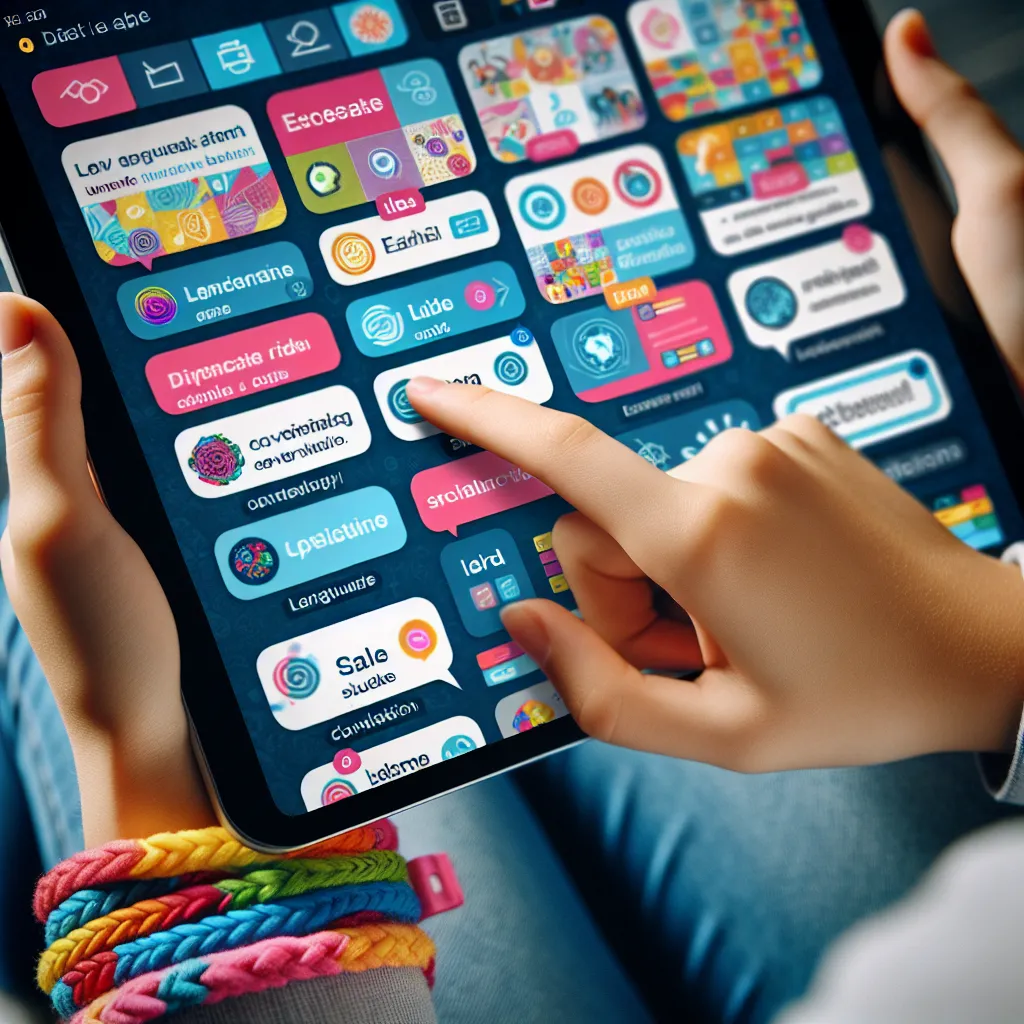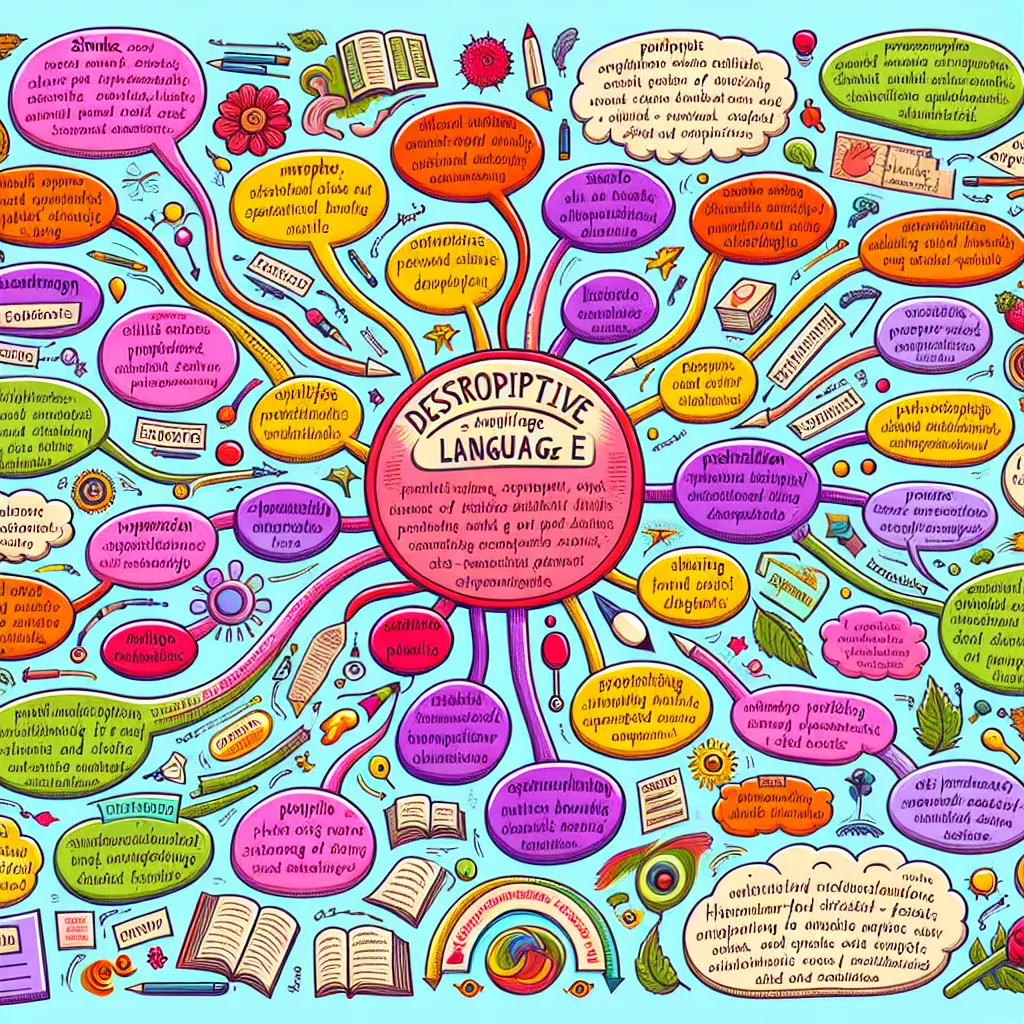Are you looking to take your English skills to the next level? Language simulations offer a dynamic and immersive approach to language learning that can significantly boost your proficiency. In this article, we’ll explore ten effective Tips For Mastering English Through Language Simulations, providing you with practical strategies to enhance your language skills in a realistic and engaging way.
What Are Language Simulations?
Language simulations are interactive scenarios that mimic real-life situations, allowing learners to practice their language skills in a controlled environment. These simulations can range from simple role-playing exercises to complex virtual reality experiences, all designed to help you improve your English in context.
 Interactive language learning scenario
Interactive language learning scenario
Why Are Language Simulations Effective?
Language simulations are particularly effective because they:
- Provide contextual learning
- Increase engagement and motivation
- Reduce anxiety associated with real-world language use
- Offer immediate feedback and practice opportunities
- Develop cognitive flexibility and problem-solving skills
Now, let’s dive into the tips that will help you make the most of language simulations in your English learning journey.
1. Choose Simulations Relevant to Your Goals
When selecting language simulations, it’s crucial to align them with your specific learning objectives. Are you preparing for a job interview? Look for simulations that focus on professional scenarios. Planning a trip abroad? Opt for travel-related simulations. By choosing relevant scenarios, you’ll be more motivated and better prepared for real-life situations.
For example, if you’re aiming to improve your business English, you might engage in simulations that involve:
- Negotiating contracts
- Giving presentations
- Participating in team meetings
Remember, the more closely the simulation matches your goals, the more valuable the practice will be.
2. Immerse Yourself Fully in the Experience
To maximize the benefits of language simulations, it’s essential to immerse yourself fully in the experience. Treat each simulation as if it were a real-life situation. This means:
- Using only English during the simulation
- Responding naturally and spontaneously
- Paying attention to non-verbal cues and cultural nuances
By fully committing to the simulation, you’ll create a more authentic learning experience that closely mirrors real-world language use.
3. Practice Active Listening
Active listening is a crucial skill in any language, and simulations provide an excellent opportunity to hone this ability. During your simulations:
- Focus intently on what others are saying
- Take mental notes of new vocabulary or expressions
- Ask clarifying questions when needed
By practicing active listening, you’ll improve your comprehension skills and become more adept at engaging in meaningful conversations.
4. Embrace Role-Playing
Role-playing is a fundamental aspect of many language simulations. To get the most out of these exercises:
- Fully adopt the persona of your character
- Use appropriate language and tone for your role
- React to others as your character would
For instance, if you’re role-playing as a customer service representative, practice using polite and professional language, even if the “customer” becomes difficult.
5. Utilize Available Resources
Many language simulation platforms offer additional resources to support your learning. Make sure to take advantage of these, which may include:
- Pre-simulation vocabulary lists
- Post-simulation quizzes
- Transcripts of conversations
These resources can help you prepare for simulations and reinforce what you’ve learned afterward.
 Digital language learning tools
Digital language learning tools
6. Record and Review Your Performance
If possible, record your participation in language simulations. This allows you to:
- Analyze your pronunciation and intonation
- Identify areas for improvement in grammar and vocabulary
- Observe your progress over time
Reviewing your performance can be incredibly insightful and help you target specific areas for improvement in future practice sessions.
7. Seek Feedback and Guidance
Many language simulation programs offer feedback from AI or human instructors. Don’t shy away from this valuable input. Constructive criticism can help you:
- Correct persistent errors
- Refine your language use
- Gain confidence in your abilities
Additionally, consider joining language exchange communities where you can practice with native speakers and receive peer feedback on your simulation performances.
8. Vary Your Simulation Experiences
To develop well-rounded language skills, it’s important to engage in a variety of simulation types. This might include:
- Text-based chat simulations
- Audio-only conversations
- Video-based interactions
- Virtual reality environments
Each type of simulation challenges different aspects of your language skills, helping you become a more versatile English speaker.
9. Set Specific Goals for Each Session
Before starting a simulation, set clear, achievable goals for what you want to accomplish. These could be:
- Using five new vocabulary words correctly
- Maintaining a conversation for a specific duration
- Successfully completing a task (e.g., making a reservation)
Having concrete objectives will give your practice sessions focus and help you track your progress more effectively.
10. Reflect and Apply Lessons Learned
After each simulation, take time to reflect on your experience. Ask yourself:
- What went well?
- What challenges did I face?
- How can I apply what I learned to real-life situations?
This reflection process helps solidify your learning and bridges the gap between simulated practice and real-world application.
Conclusion
Mastering English through language simulations is an exciting and effective way to enhance your language skills. By following these ten tips, you’ll be well on your way to more confident and proficient English use in various real-life contexts. Remember, consistent practice and a willingness to step out of your comfort zone are key to success in language learning.
Are you ready to dive into the world of language simulations? Start by identifying simulations that align with your goals, and don’t forget to track your progress along the way. With dedication and the right approach, you’ll be amazed at how quickly your English skills can improve.
For more tips on improving your English skills, check out our article on tips for improving English through debate practice. Combining different learning methods can accelerate your progress and make your language journey even more enjoyable.




